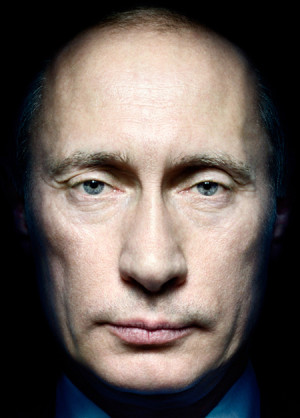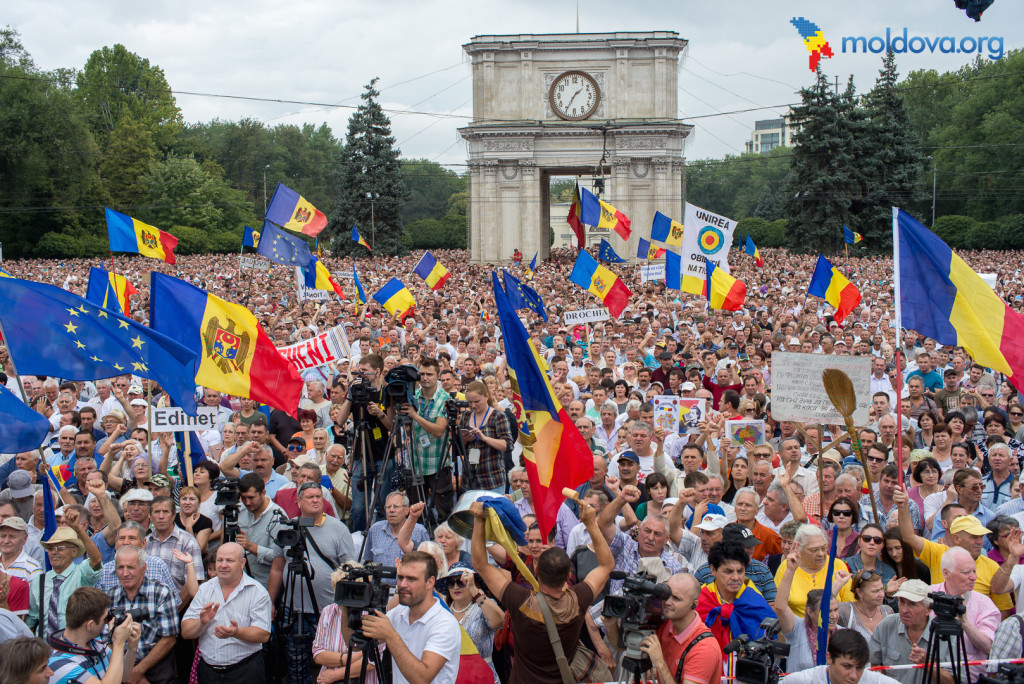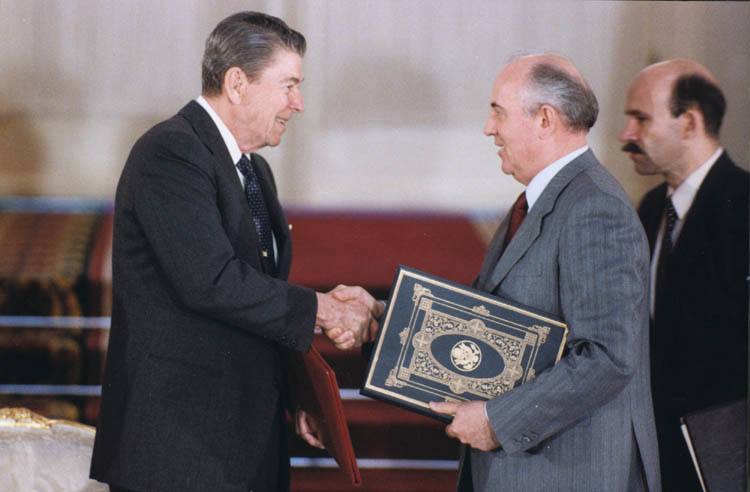Vladimir Putin, the curious enigma of Russian politics, about whom many heads of states, politicians and hundreds of citizens ask, “who is Vladimir Putin?” Is he an adventurist trained in the martial arts or is he a pragmatist who views the world through his ex-KGB lens? For Western leaders, Putin’s unpredictable personas are compounded with his stubbornness on international issues. Many scholars and political advisors dissect Russia’s foreign policy along the traditional lines of economic, geopolitical interest and militarily, but what they ignore is the individual level and how Putin personally views the world.
Rise to the Black Ivory Tower
In the decade following the collapse of the Soviet Union, Russia experienced dramatic social and economic turmoil as Boris Yeltsin attempted to reconfigure its rusted economy. Much of this reconfiguration was based on the doctrine of Western capitalism, particularly the US economic model. Though it behaved like a wrecking ball on what was left of Soviet era, this reconfiguration ended up creating oligarchs with enormous amounts of wealth and political influence.
As a former KGB officer, Putin ascended the Presidency with a promise to restore Russia’s glory, after the unexpected resignation of Yeltsin on the eve of New Year 2000. He holds considerable political capital by being the representative of the Siloviki, the Russian ruling class consisting of former KGB and current FSB members. They have a wide reach in Russia’s security, economic and political institutions. They wanted to stabilize Russia society and its economy and Putin was the right man for this job.
Since then, he consolidated his power, circumventing the Russian constitution by flipping offices with PM Dmitry Medvedev for a third term Presidency as of May 2011. And as a former KGB officer, for him stability comes first, and it only comes through the lens of intelligence. “The KGB had been a state within a state and now the FSB has become the state itself,” said Aleksey Kondarov, a former KGB officer. Whether this comparison is accurate or hyperbolized, it is clear that Putin has become the top figure of a vertically integrated state.
The Survivalist State
Over the course of his presidency, Vladimir Putin’s position on foreign policy has appeared to be anti-American. However, anti-Americanism is a simplistic rationale for Putin’s foreign policy. The better logic, as stated by the Brookings Institute’s Fiona Hill and Clifford Gaddy, is to recast Putin as a man striving for the survival of his state. This explanation has a healthy dose of neo-realism attached to it, and Hill and Gaddy’s analysis of Putin’s policies presents a very strong argument.
For him the fear that Russia will succumb to foreign influence and intervention, is the functioning force. To this end, Putin spent the better part of his first two terms in office consolidating Russia, repaying massive Soviet-era debts from the windfall of Russia’s oil boom. According to Dmitri Trenin at the Carnegie Moscow Center, Putin has embarked on a doctrine of internal control, sovereignty and quasi-separation from the international community. He has moved to reduce the exposure of Russian officials to international pressure, while simultaneously increasing the Kremlin’s control over them.
Putin has also begun a shift eastward, as evident in his pursuit of an economic union of Belarus, Kazakhstan and Russia by 2015. This shift arguably stems from his fear of instability, particularly of external shocks from the West and China. Moving towards an Eurasia economic union, instead of membership or cooperation with the EU and NATO, clearly points to Putin’s desire to be in charge of his surrounding environment.
When facing situations at the international level, Putin is most likely to consider the option that maintains stability for the transforming Russian state. His continued opposition to any sort of intervention in Syria or the issue of Iranian nuclear program could be a good example of that. Arguably, he rationalizes his decisions based on his desire for stability of Russia and its surrounding, irrespective of how his decision might affect his relations with the West.
Although the survivalist theory of Putin’s worldview has many parallels to the antagonism of the Cold War era, it should be made clear that Putin’s policies do not indicate a desire to expand Russia’s global influences or to form an anti-Western bloc. As seen by the communiqué that resulted from the most recent G8 summit, Putin is willing to cooperate and negotiate with the West as long as it does not de-stabilize his projects in Russia. While this article offers but a brief glimpse into Putin’s view of foreign policy, it is evident that a deeper analysis and understanding of how Vladimir Putin views the world on the part of Western leaders will go a long way towards future co-operation between Russia and the West.




